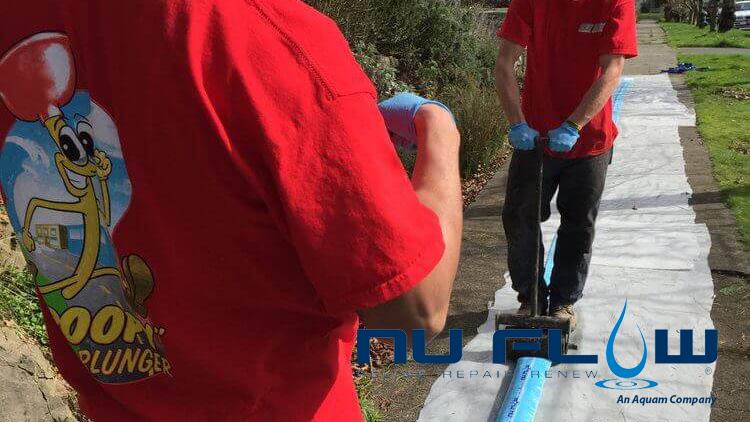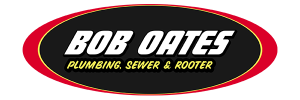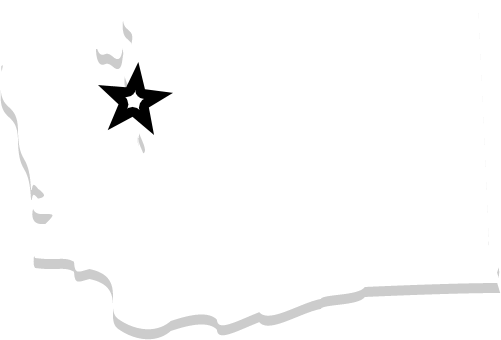A Closer Look at the Pipe Lining Process
CALL (206) 789-4944
Serving the Greater Seattle Area

Pipe-related services prior to trenchless pipe replacement and repair have typically involved a complete excavation project to reach and fix the sewer system. This method can be highly disruptive to the surrounding terrain and can often involve large machinery, typically requiring more than one plumber for the job.
There’s a relatively new method known as trenchless pipe lining that essentially does away with excavation by relining the existing system where it is. Because trenchless repair is a more recent innovation, not many would have an idea about how it works.
Bob Oates Sewer & Rooter aims to keep our established and prospective customers regarding the services we offer. Here is a closer look at this trenchless pipe repair approach to pipe rehabilitation.
Trenchless sewer repair in Kent, WA only requires a small team and minimal equipment to restore entire drain lines underground from just one or two access points, usually an already existing sewer cleanout.
Prep Work
It generally starts with a video camera inspection to determine the current condition of the pipes. The next step is cleaning, often with high-pressure hydro jetting that cleans buildup and tree roots. The actual lining begins with a flexible textile liner, basically a tube, that’s saturated with epoxy resin.
Lining the Interior
To saturate the liner, our technicians measure the dry liner longer than the pipe’s length. After vacuuming the air from the liner and calculating and mixing correct quantities of the resin components based on pipe dimensions, the technicians, with the help of special equipment, pour the resin mixture into the liner.
Using a roller-based pipe impregnation table that pinches the liner between rollers, and with the help of a vacuum pump, our restoration specialists pull and press the resin through the entire pipe, coating or impregnating the interior.
Inversion Process
After oiling the liner exterior to promote inversion, techs close off one end and reel the liner onto what’s called an inversion drum. Next, they drop the liner’s other open end through the outlet in the drum’s pressurization exterior and fold this open-end back over the outlet and secure it, exposing the liner’s interior.
After connecting the drum’s outlet to the old underground pipe, the technicians seal and pressurize the inversion drum’s housing. Pressurization in the housing pushes against the annular fold in the liner, rolling the reeled liner inside out, or inverting it, along the old sewer line’s entire distance and pressing it into any cracks or breaks along the way.
The inversion process exposes the interior resin, which firmly bonds the liner to the pipe. The epoxy is then cured, which only takes a day in most cases. The team of professionals at Bob Oates Sewer & Rooter can perform trenchless sewer replacement with hardly any impact to surrounding buildings, landscape, or traffic. You will have a brand new drain system of non-corroding PVC-like composite material that can last for 50 or more years.
Contact Bob Oates Sewer & Rooter today to book an appointment.
CALL (206) 789-4944
Serving the Greater Seattle Area





